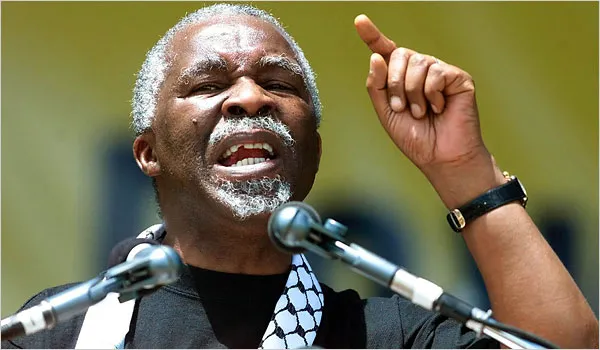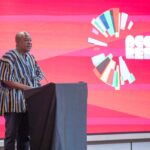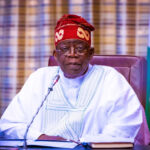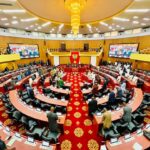Former South African president, Thabo Mbeki says the country has lost focus on the continent’s agenda of Pan-Africanism.
In place of it, he says the country has become more inward-looking, focusing on its problems instead of helping to tackle regional issues.
Mbeki worries that the departure, makes South Africa’s relevance in Africa diminish.
“As a country, we have walked away from the Africa agenda. That’s the reality. Over the years, the focus on the continent and the placement of South Africa within that context has diminished,” Mbeki said during the biannual summit at the University of South Africa.
Despite gaining international recognition as an emerging power with access to key platforms like BRICS, G20 as well as the UN Security Council, the German Institute for Global and Area Studies says the country has “largely remained inactive” in pursuing other continental matters including security and human rights abuses in the sub region.
In terms of economic relevance, South Africa has the largest nominal GDP of all African economies, boasting with over $400 billion.
However, for the former president, this is not enough to remain relevant on a continent promoting regionalism over isolationism.
“I know this also because when I go around the African continent, other Africans raised this question, what has happened to South Africa? Why are you walking away from the rest of us? Mbeki said.
Thabo Mbeki, who was known for his ‘African renaissance’ ideologies while serving both as AU Chair and as South Africa’s president, is urging a return to the “spirit of Pan-Africanism” in the country.
He adds that several other nations on the continent are becoming more preoccupied with their “individual problems” at the expense of the African unity agenda.










